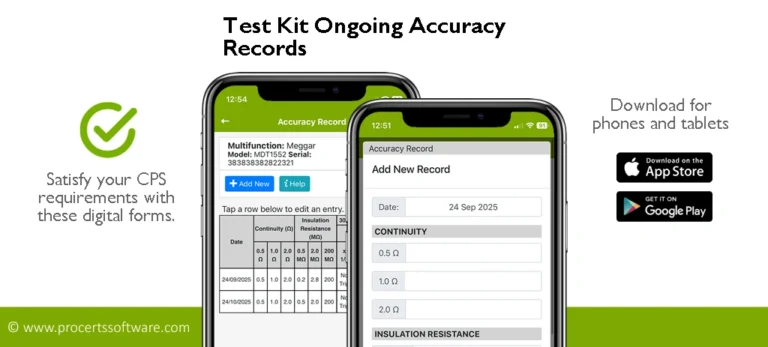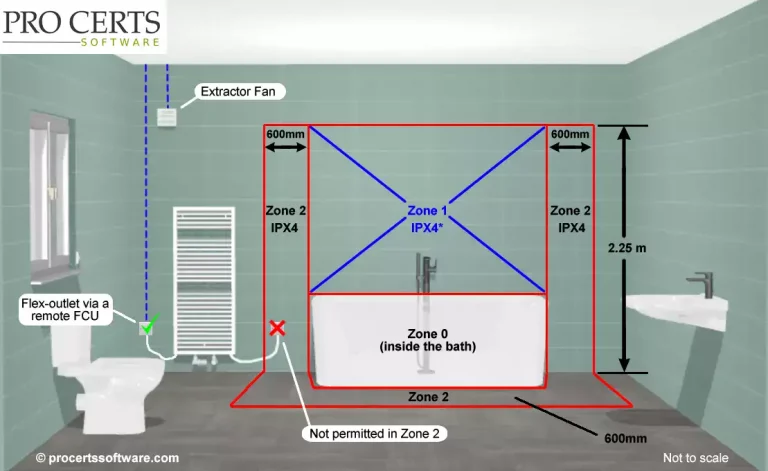Impact Drivers and Consumer Units
Can you use an impact driver on MCB’s? The short and only answer is no, defiantly not. Here we discus the reasons why you SHOULD NOT use an impact driver for consumer unit terminals, or any electrical terminal/connection for that matter.
When we refer to “Impact Driver” this is to also include electric/battery screwdrivers and drills used to tighten electrical terminations and connections.
Over tightening of an MCB terminal could damage the MCB, therefore there is a possibility the MCB will not function as it was designed to, if at all. In addition to effecting the design operation it could also damage and crack the actual casing of the miniature circuit breaker.
Under tightening can cause loose connections resulting in arcing, overheating and in the worst case scenario lead to a fire.MCB terminals are designed to be tightened to a specific torque setting as specified by the manufacturer.
Torque Screwdrivers
This is where the Draper Torque Screwdriver or the Wiha Slim Torque Screwdriver Set can help, the torque range settings of these torque screwdrivers is 1.0–5.0Nm.
Dangers of using an Impact Driver
Here are a few possible outcomes of using an impact driver on consumer unit terminals and MCBs’ due to over tightening.
- Chewed up screw heads.
- Unable to undo the terminal.
- Crack or split the neutral and/or earth bar.
- Cause the MCB’s to “lean”.
- Damage the MCB casing (i.e. cracks).
- Twists the MCB connection clamp.
- Stresses the terminal.
- Damage to the cable.
- Snaps off the screw head.
And who knows what kind of damage is caused to the internal components of an RCBO or MCB when it is subject to the hammering action of an impact driver.
Electric Shock Risk of Impact Drivers
Another obvious danger which is often overlooked is that; if using an impact driver for fitting a new consumer unit becomes a habit, they might (by habit) use it on a live consumer unit which exposes the user to a high risk of electric shock.
Electricians VDE electrical insulated screwdrivers are generally insulated up to 1000 Volts. Impact drivers do not offer any form of “type tested” protection against electric shock that VDE approved 1000v insulated screwdrivers do.
Images of Damage Caused by using Impact Drivers on Electrical Components
The images below show the results of where it appears an electric drill or impact driver has been used to tighten the neutral connections, and as such splitting the neutral bar.
The image on the left shows where a neutral conductor is showing signs of over-heating likely caused by the split neutral bar thus loosening the connections.
The image on the right shows the effects of over tightening caused by using an impact driver to tighten the terminal screws.
YouTubers using Impact Drills on Consumer Units
For some unknown reason YouTube is full of videos of people using impact drills to tighten electrical connections within a consumer unit. What is worrying is that many aspiring electricians and apprentices may believe that is the correct way to do it and copy them.
There are also videos where the YouTuber(s) uses an impact drill on just about everything from light switches and socket-outlets to the consumer unit, is this just pure laziness or a lack of training?
Surely the permitted time scale for the job cant be that tight that you need to use a drill or impact driver to do some electrical termination screws up in order to save time?







